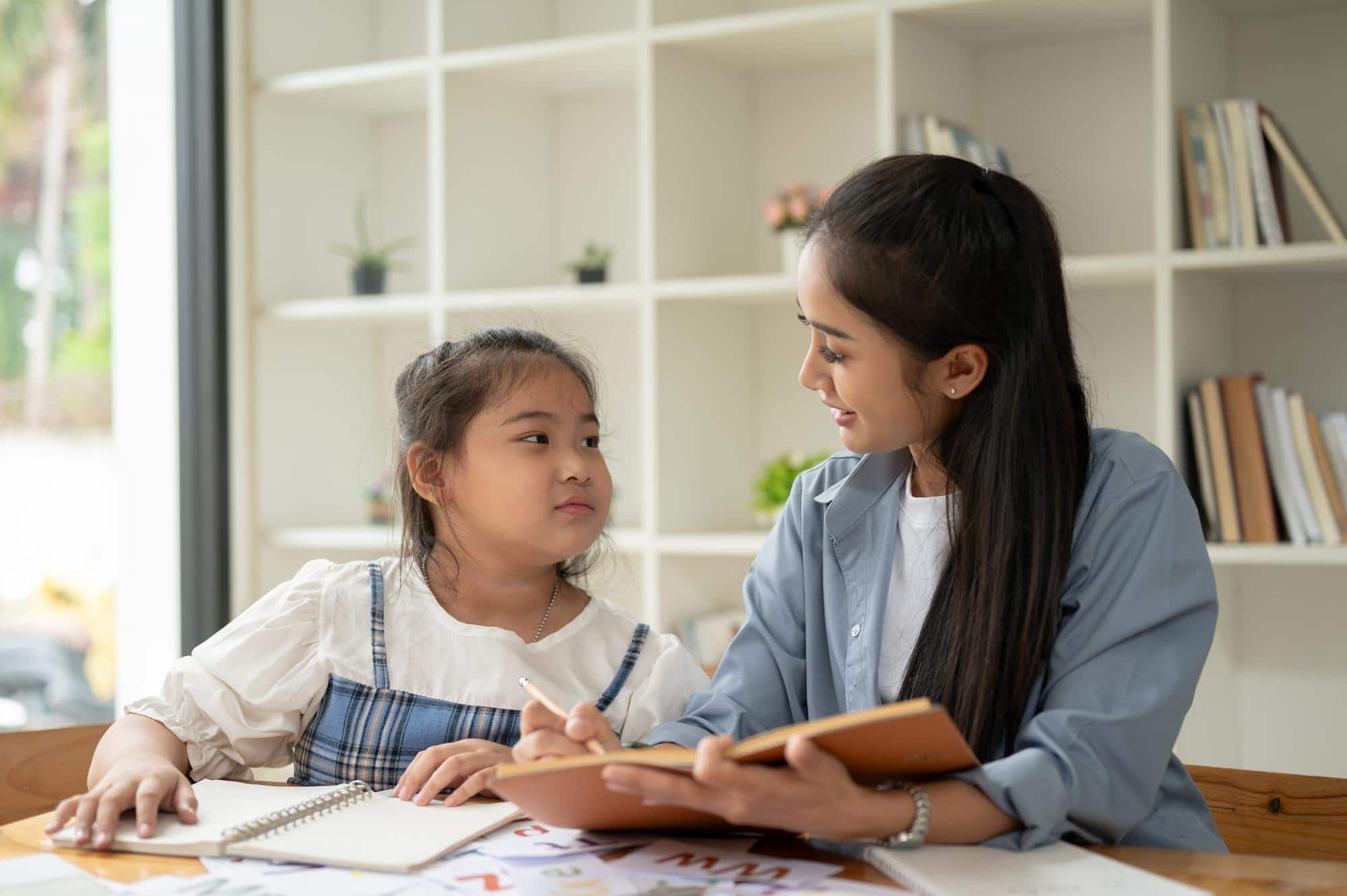Child Psychologists in Singapore: What Parents Should Know
Last Updated on September 23, 2025 by Manassa Shrikanth

Children, just like adults, experience stress, anxiety, and other emotional struggles. But unlike adults, they may not always have the words to express what they’re feeling.
That’s where child psychologists come in. They specialise in helping children make sense of their emotions, behaviours, and struggles, while guiding parents along the way.
In this blog, we explore what child psychologists in Singapore do, when to seek their help, and what every parent should know about the process to support their child’s mental well-being.
Child psychology refers to a specialised subfield of psychology that focuses on the behaviour, development and mental health of children and adolescents.
A child psychologist is a mental health professional trained to assess, diagnose, and support children facing a range of emotional, behavioural, or developmental challenges. These could include:
Child psychologists use evidence-based approaches, such as play therapy, art therapy, Cognitive Behavioural Therapy (CBT), as well as general talk therapy (adapted to the child’s age and needs). Child therapists in Singapore help children learn to express themselves and develop healthier coping mechanisms.
They also work closely with parents or caregivers to offer guidance, reassurance, and strategies to support the child’s mental wellbeing at home.
Our childhood is our formative period. It’s thus absolutely normal for children to go through many emotional ups and downs.
However, due to this very reason, it can be tricky for parents to identify when it’s something more serious. Here are some signs and situations when it may be time to consider speaking to a child psychologist in Singapore:
Sometimes, even if nothing seems apparently wrong on the outside, your instincts may say otherwise. It’s always wise to trust your instincts, especially as parents.
If your gut says something is ‘off’, or your child seems unlike themselves, talk to them. A child psychologist can also help assess and understand what may be going on, or even just rule out that nothing is.

Deciding to take your child to see a child psychologist can be daunting. Your mind may be swirling with thoughts like:
If you’ve been wondering about these questions, this section takes you through how child psychologists work and how a typical session flows:
During the first session, or even the first few sessions, a child psychologist will take time to conduct an initial assessment. Parents are encouraged to attend these sessions in order to help children feel comfortable and safe in the therapist’s presence.
Child therapists in Singapore may also talk to the parents and child separately during the initial sessions. The initial assessment helps the child psychologist:
Sometimes, a child psychologist may also ask parents to fill in a questionnaire or participate in a short interview (not involving the child).
Trust, comfort and safety are important in all types of therapy, but especially so when it comes to child therapy. This is why a child psychologist will take the time to get to know your child and slowly build a safe space where they feel seen and accepted.
Here are some ways a good therapist may do that:
Once your child starts feeling safe enough to open up, the child psychologist will introduce age-appropriate activities and approaches.
Some modalities and approaches that are commonly used in child therapy include:
Used primarily with younger children, play therapy involves toys, games, drawing, or storytelling to help kids express feelings and experiences they may not yet have the words for.
A child might act out family dynamics using dolls or draw how they felt during a stressful situation.
CBT is a widely used approach for older children. It helps kids recognise automatic negative thought patterns and replace them with more rational responses.
A child who’s anxious about school tests may learn to reframe ‘I’ll fail this test’ into ‘I’ve studied well, and I’ll do my best!’
Behavioural therapy is a helpful approach for kids struggling with peer interactions, social challenges or other behavioural challenges associated with conditions like Attention Deficit Hyperactivity Disorder (ADHD) or Autism Spectrum Disorder (ASD). Sessions may include modelling and practising real-life scenarios.
Child psychologists personalise such activities based on your child’s age, developmental stage and specific needs.
Turn-taking games, conflict resolution scripts, practising asking for help, etc
Child therapy is a shared journey that includes parents, caregivers and other close family members.
The involvement of parents, in particular, is a crucial part of child therapy. Below are some ways a child psychologist may ensure your participation. They may:
If your child is dealing with challenges involving other areas of life, such as at school, child psychologists may also work with teachers and school counsellors.
Teachers also play a vital role in your child’s development. Keeping them in the loop can help ensure a more holistic form of support. With your consent, child therapists in Singapore may collaborate with teachers and school authorities to:
Child therapists in Singapore can help your child:
Starting child therapy can be a bit daunting, for you as well as your little one. The goal is to ease any anxiety, encourage open-mindedness, and create a sense of safety around this new experience.
Here are some practical ways to help your child feel more comfortable and ready for their first session with a child psychologist:
1) Avoid overexplaining or using language that might feel intimidating. Be honest and explain it to them in simple terms, depending on your child’s age.
2) Normalise the experience by letting them know that many children and even adults see a therapist when they need support. If you have personal experience with therapy, share it with your child. This helps reduce shame and fear around meeting a child psychologist.
‘Just like we see a doctor when our body feels unwell, we see a therapist when we need help with our feelings.’
3) Involve them in the process, wherever and however possible (in age-appropriate ways). This can give your child a sense of control over what’s happening and build a sense of familiarity and safety around therapy.
4) Acknowledge any worries and answer any questions that your child may have about meeting a child psychologist. If they express confusion, resistance, or fear, gently validate those feelings without trying to fix them immediately.
‘It’s okay to feel nervous when trying something new. I’ll be right here, and we’ll figure this out together.’
It’s natural to be concerned about finding the right child psychologist for your kid. Here are some questions you can ask shortlisted child therapists to find the correct fit:
In addition to these questions, remember to be open with your child psychologist, especially before and during the first session. Inform them about your child’s temperament, preferences and triggers. If your child has any specific concerns about starting therapy, you can share those with the therapist as well.

As a parent, you’re not just a caregiver; you’re also your child’s first source of emotional safety and support. You’re the first person they’ll turn to when they need help.
Good parenting is the cornerstone of children’s mental health. Thus, the environment you create at home, the way you respond to your child’s emotions, and how you navigate challenges together can all have a lasting impact on their mental health.
Kudos on taking the brave step of considering therapy for your child. Remember, when parents are actively involved in the process, child therapy becomes much more effective.
At Talk Your Heart Out (TYHO), we have child therapists in Singapore who offer both online and offline sessions. If you’re ready to find the right child psychologist for your child, click here to get started. 💜
